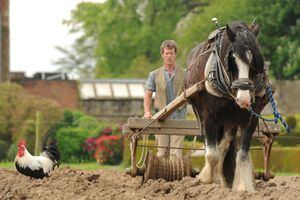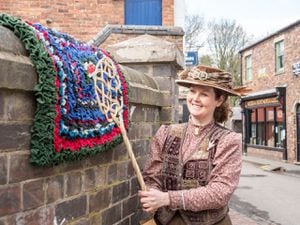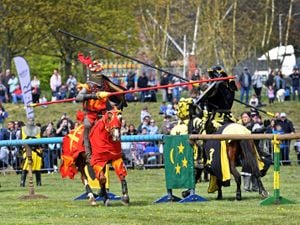Acton Scott Historic Working Farm accredited for rare breeds work
A Shropshire tourist attraction has been recognise by an animal protection group.

Acton Scott Historic Working Farm, near Church Stretton, is one of three organisations to have been given accreditation from the Rare Breeds Survival Trust (RBST).
It joins the existing network of 21 RBST accredited farm parks and city farms across the UK.
RBST is the national charity that works to secure the future of rare breeds of native livestock and equines.
To become RBST accredited, organisations have to have fulfilled a set of criteria including participation in conservation breeding programmes and promoting the benefits of native breeds.
RBST chief executive Christopher Price said: “The expansion of the RBST Accreditation Network has great potential for rare breed conservation work. As well as opening up new breeding opportunities and encouraging a wider network for stock exchange, it will extend the reach of our crucial rare breed survival message and increase the opportunity to share experiences and techniques.
“The RBST accredited organisations do important work through rare breed conservation programmes, scientific research and public engagement. I am delighted to welcome Merrist Wood College, Acton Scott and Almond Valley to the network of RBST Accredited organisations and I look forward to working with them for the survival of our rare native breeds.”
The rare breeds conservation programme at Acton Scott includes Original Population Dairy Shorthorn cattle, Gloucester Old Spot pigs, Shropshire sheep and rare breeds of poultry.
Sarah Green, facilities manager at Acton Scott said: “We are very proud at Acton Scott to have been awarded with RBST Accreditation as our animals are not only beautiful, they are also a vital part of our social history. It is wonderful to be able to share their importance with a wider audience.”





